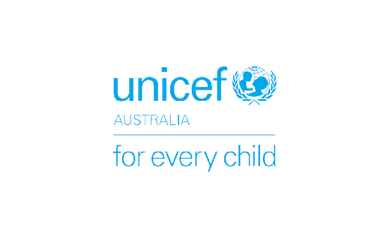Supporting OPDs Covid-19 response: reflections from the Philippines
Covid-19, Stories | December 10, 2021
Like in most countries, people in the Philippines, especially those with a disability, have been hit hard by the Covid-19 pandemic. Last year, as the situation worsened, the CBM team in the Philippines realised there was an opportunity to work more closely with Organisations of Persons with Disabilities (OPDs) to help in the response.
Nine OPDs were chosen to be involved in provision of food packs, hygiene kits and support for medicines needed by people with disabilities that were hard to access during lockdowns. CBM also supported OPDs to increase community vegetable gardening, so that food would be available to households – and sometimes to whole villages – as supplies became limited during lockdowns, when many people were out of work and incomes were drying up.
This was a new role for these OPDs; an opportunity to take the lead in active work supporting their community, and at the same time gaining skills in managing a local relief project. CBM provided direct support in planning, tracking distribution, financial management and reporting.
Members of one OPD were involved with making face masks that included a transparent window, allowing people who are deaf to lip read and therefore not miss out on important information. The face masks were such a success that the group won a national award for best practice.
CBM Australia spoke with Maylyn Pagatpatan from the CBM office in Manila about her experience in supporting OPDs in Covid-19 responses.
How did the OPDs find the experience?
It was amazing! The process allowed the OPDs to identify who locally was being most impacted by the economic and health implications of the pandemic and have a range of options to address those needs: cash, food items, support to set up gardening or a village rice store.
OPDs gained experience in project management, and accountability as an organisation.
CBM acknowledged from the outset that small OPDs needed quite specific support, and we set ourselves up to provide this. For example, one tricky issue when working on relief projects is developing some criteria to make decisions about who would and would not receive support. So, we worked with OPDs to make some hard decisions involved there. Then they had to determine whether that support would be as a cash, and if that would be through electronic transfers or not, and how much. They also needed to work out monitoring and follow-up processes.
Learning by doing
OPDs appreciated the “learning by doing” approach but it did require quite a lot of support from CBM and partners. Even though some of the OPDs had been involved with CBM for a long time, there had been limited opportunities to actually learn these planning and implementation skills.
As CBM moves forward, we are committed to working with OPDs in practical and hands-on ways.
Watch this video to see the impact of inclusive face masks on people with disabilities.
https://www.cbm.org.au/stories/supporting-opds-covid-19-response-reflections-from-the-philippines
Related Stories

Partnering with UNICEF to support disability inclusion
CBM Global’s Inclusion Advisory Group (IAG) supports UNICEF Australia and Headquarters staff to embed...

Rehabilitation services gives Shoborna her independence back
Shoborna is a 49-year-old woman with two children from central Bangladesh. At age 25...

Challenging misconceptions: Spreading the good news about cataract surgery
Cataracts are the leading cause of blindness worldwide. Despite...
